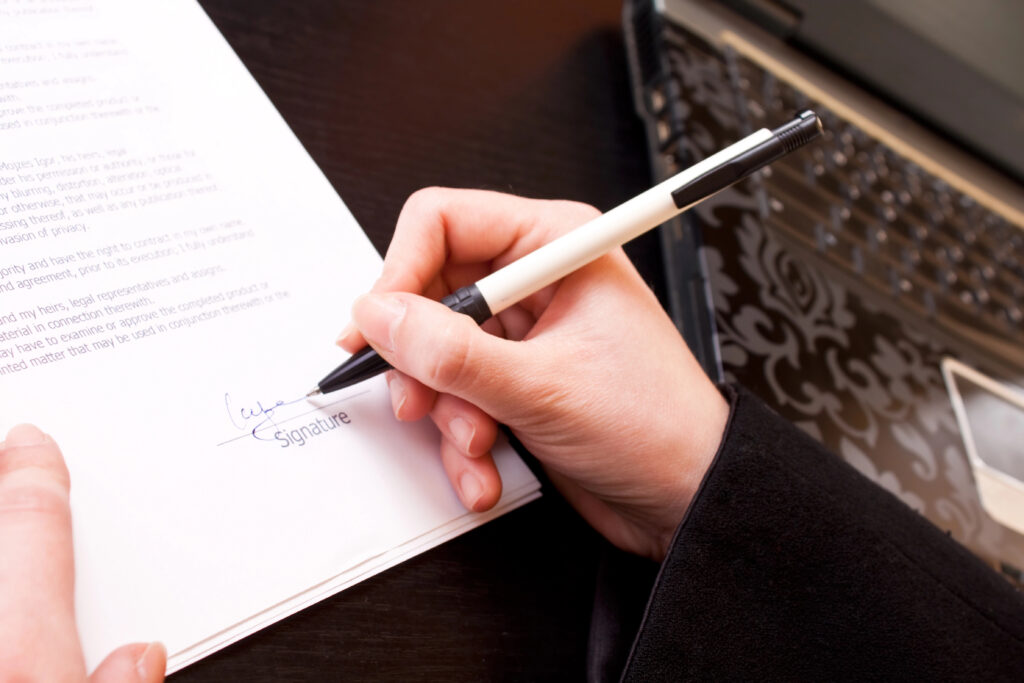What Is Mediation in a Personal Injury Case and Is It Right for You?
When involved in a personal injury case, the resolution process can often feel overwhelming. For many individuals, mediation offers an alternative to prolonged court battles, presenting a path toward a faster and often more amicable resolution. But what exactly is mediation, and how can it work for your case? Let’s explore the mediation process and whether it might be the right choice for you.
Understanding Mediation in Personal Injury Cases
Mediation is a form of alternative dispute resolution (ADR) that allows the parties involved in a personal injury lawsuit to work together with a neutral third party (the mediator) to reach a mutually satisfactory solution without going to trial. This method is especially common in personal injury mediation cases, where both the injured party and the defense hope to avoid the time and cost associated with courtroom litigation.
During mediation, the mediator facilitates discussions between the two parties and helps them find common ground. The mediation process typically involves several key stages, from initial preparation to the final agreement, which we will detail below.

How Does the Personal Injury Mediation Process Work?
The personal injury mediation process is designed to foster productive discussions in a structured yet informal setting. Below is a step-by-step overview of how personal injury mediation work unfolds:
1. Preparation by Attorneys
Before attending mediation, attorneys prepare by gathering all necessary evidence, such as medical records, accident reports, and expert testimonies. This preparation ensures that both sides present strong and clear arguments during the mediation.
2. The Mediation Session
During the mediation session, the mediator explains the rules and objectives of the process. Both sides, represented by their personal injury attorneys, make an opening statement summarizing their positions.
3. Separate Discussions in Different Rooms
In many cases, the mediator speaks to each party in different rooms to ensure open and candid communication. This process, known as “caucusing,” allows the mediator to gather valuable information and relay offers or counteroffers between the parties.
4. Negotiations and Settlement Discussions
Negotiations during mediation aim to bring the parties closer to a resolution. The mediator may guide discussions on liability, damages, and compensation, often highlighting the risks of going to trial to encourage a reasonable offer.
5. Reaching a Settlement Agreement
If the parties reach a settlement, the terms are outlined in a legally binding agreement. This settlement agreement ensures that the dispute is resolved without further litigation. In some cases, the agreement may be subject to a confidentiality agreement, ensuring the terms remain private.
Is Mediation the Right Choice for Your Personal Injury Case?
Mediation can be an effective tool for resolving personal injury claims, but it is not suitable for every situation. Below are some factors to consider when deciding if mediation is right for you:
- Willingness to Negotiate: Both parties must be open to compromise and committed to finding a resolution.
- Complexity of the Case: Mediation is often ideal for cases with clear liability and damages but may not work well for highly contentious disputes.
- Costs and Time Savings: Mediation can save significant time and legal fees compared to a lengthy trial.
- Legal Representation: Having an experienced attorney is essential during mediation to ensure your rights and interests are protected.
- Confidentiality: If privacy is a priority, mediation offers the benefit of keeping negotiations and outcomes out of the public eye.
Ultimately, consulting a personal injury lawyer is the best way to determine if mediation suits your specific circumstances.
Benefits of Mediation in Personal Injury Cases
- Cost-Effective: Mediation is generally less expensive than a full trial.
- Faster Resolution: Cases can often be resolved in a few hours or days compared to months or years in court.
- Confidential Process: Mediation sessions and settlement agreements are private.
- Control Over the Outcome: Unlike a trial where a judge or jury decides, mediation gives the parties control over the resolution.
- Reduced Stress: Mediation fosters collaboration rather than adversarial conflict, which can reduce stress for the injured victim.
How a Good Mediator and Experienced Attorney Can Help
A skilled mediator, often a retired judge or experienced attorney, can facilitate productive discussions and guide the process toward a successful resolution. Additionally, a good personal injury lawyer plays a critical role by preparing your case, presenting strong arguments, and advising you throughout the mediation session.
Take the Next Step Toward Resolving Your Case
Learn more about mediation in personal injury cases. Call Greenstein & Pittari, LLP at (800) 842-8462 to schedule your free, no-obligation consultation. You can also reach us anytime through our contact page. Let us help you take the first step toward justice and recovery.
FAQs About Mediation in Personal Injury Cases
What is mediation in a personal injury case?
Mediation is a process where a neutral third party helps resolve disputes in a personal injury case by facilitating discussions between the injured party and the defense.
How long does a mediation session usually last?
Mediation sessions typically last a few hours but may extend depending on the complexity of the case and the willingness of the parties to negotiate.
Is mediation binding in a personal injury case?
Once both parties agree to a settlement during mediation, the terms are finalized in a legally binding agreement.
Do I need a lawyer for mediation?
Yes, having legal representation during mediation ensures your interests are protected and increases the likelihood of a favorable outcome.
What if mediation fails to resolve my case?
If mediation does not result in a settlement, the case can proceed to trial. However, most cases settle during or shortly after mediation.
